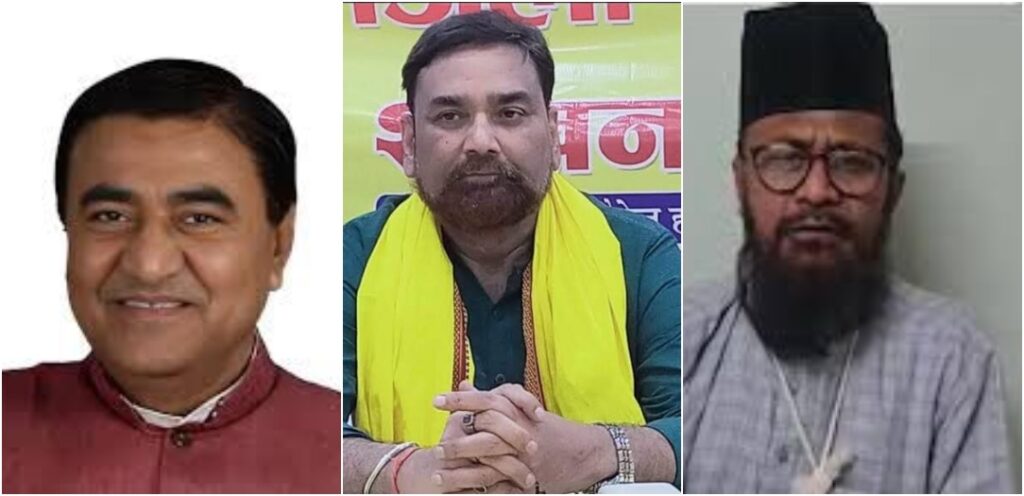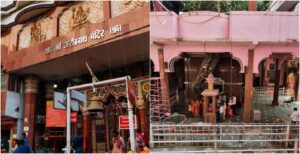Bihar Establishes Dedicated Commissions for Scheduled Tribes, Upper Castes, and Minorities

Patna: Bihar government has announced the formation of three distinct state commissions: one each for Scheduled Tribes, Upper Castes, and Minority Communities. These commissions are tasked with identifying and addressing the unique challenges faced by these groups, protecting their rights, and offering actionable recommendations to the government for their welfare.
The government has appointed chairpersons, vice-chairpersons, and members to each of these newly formed bodies. All appointed members will serve a three-year tenure from their date of assuming office.
Scheduled Tribes Commission
Comprising five members, the Scheduled Tribes Commission will be led by Shailendra Kumar as Chairman, with Surendra Oraon serving as Vice Chairman. The members appointed to this commission are Premshila Gupta, Tallu Baski, and Raju Kumar.
Upper Caste Commission
Also consisting of five members, the commission dedicated to protecting the interests of upper castes will see Mahachandra Prasad Singh as its Chairman and Rajiv Ranjan Prasad as Vice Chairman. The members are Dayanand Rai, Jai Krishna Jha, and Rajkumar Singh.
Minority Commission
The Minority Commission is the largest of the three, with a total of eleven members, including a chairman and two vice-chairpersons. Ghulam Rasool Baliyavi has been named Chairman, while Lakhbinder Singh and Maulana Umar Noorani will serve as Vice Chairpersons. The members include Mukesh Kumar Jain, Afroza Khatoon, Ashraf Ali Ansari, Md. Shamshad Alam (Shamshad Sai), Tufail Ahmed Khan Qadri, Shishir Kumar Das, Rajesh Kumar Jain, and Ajfar Shamshi.
Responsibilities of the Commissions
Each commission is expected to safeguard the rights of its respective communities, identify social and economic gaps, and recommend specific policy interventions to the state government. These bodies will also monitor the implementation of welfare schemes, handle grievances, and submit periodic reports to inform and influence future governance decisions.





